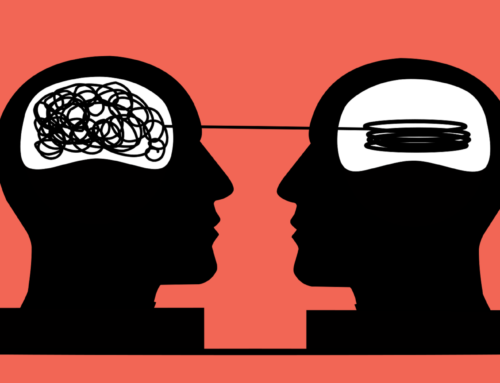
Pixabay Images
There is growing evidence that inflammation – already known to be a cause of many whole-body diseases – is also involved in diseases of the brain, including psychiatric conditions like depression.
Depression is a common and crippling disease affecting over 350m people worldwide. Around 20% of the UK population will suffer from depression at some point in their lives, with symptoms varying from feelings of sadness and hopelessness through to suicidal thoughts. The disease may be a response to bereavement or other life events or emerge without any obvious cause. All too often it persists, sometimes for life.
Despite its high prevalence, the disease is poorly understood. It is often put down to a disturbance in brain chemistry and treated in a trial-and-error manner with talking therapies and drugs that are designed to re-balance brain chemistry. For many, these approaches eventually work, but all agree that better treatments are needed and these require a better understanding of the disease.
Beating two disorders with one pill
Inflammation is the body’s response to injury or infection. Cells and proteins are mobilised to deal with the injury, do their job and then are demobilised. However, inflammation, when not properly controlled, can cause damage and disease, such as rheumatoid arthritis. These types of diseases are often controlled with anti-inflammatory drugs.
Recently, it has been suggested that depression is also an inflammatory disease. The first evidence came from people with diseases like rheumatoid arthritis and psoriasis who were also severely depressed. When these people were treated with anti-inflammatories, both their arthritis and their depression improved, suggesting that inflammation in the body was affecting the brain to cause depression.
– Paul Morgan
Read more: The Conversation: We may be able to treat depression with anti-inflammatory drugs – here’s why







Leave A Comment